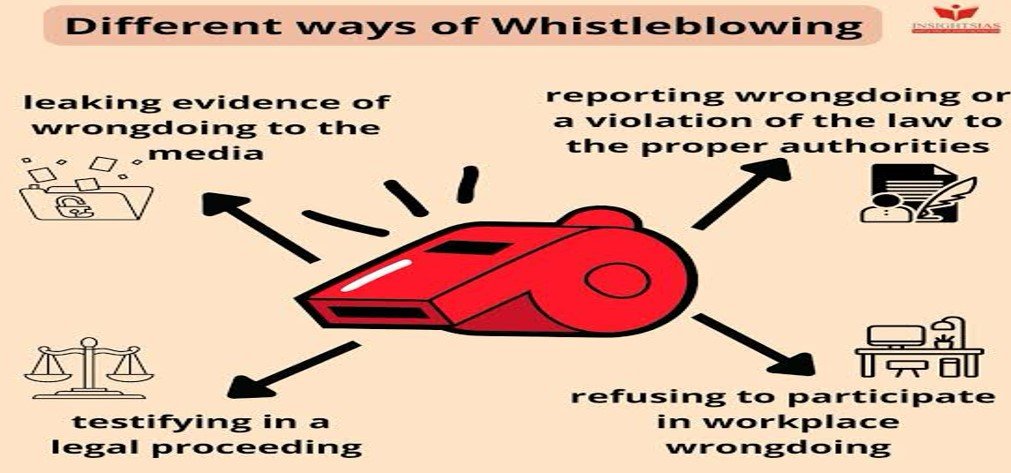Torture as an Interrogative Tactics
Written by Yashwardhan From Lovely Professional University Torcher as an interrogative lead leaves us with a controversial and very puzzling part of the human character and governance. Torture, the deliberate infliction of extreme pain, either physical or mental on a person has a long and checkered history, being used as a method of coercion interrogative, […]
Torture as an Interrogative Tactics Read More »






